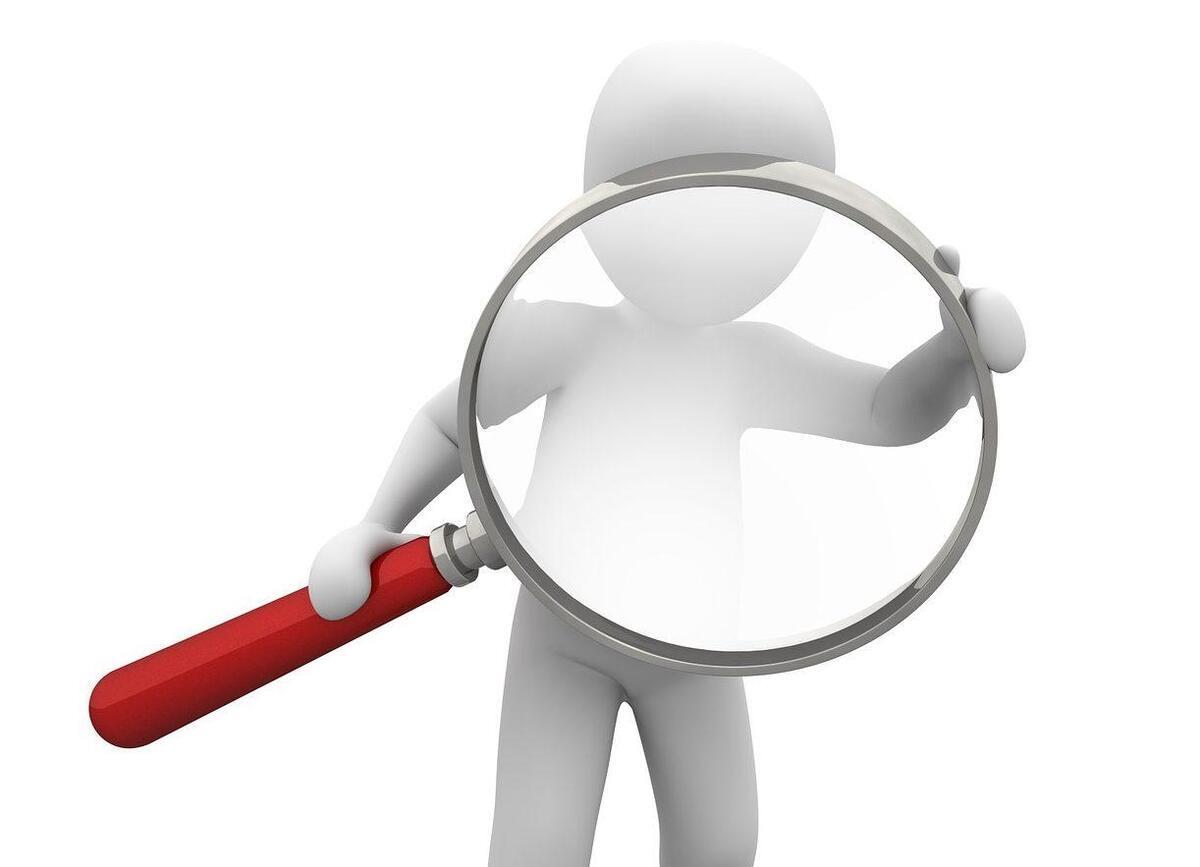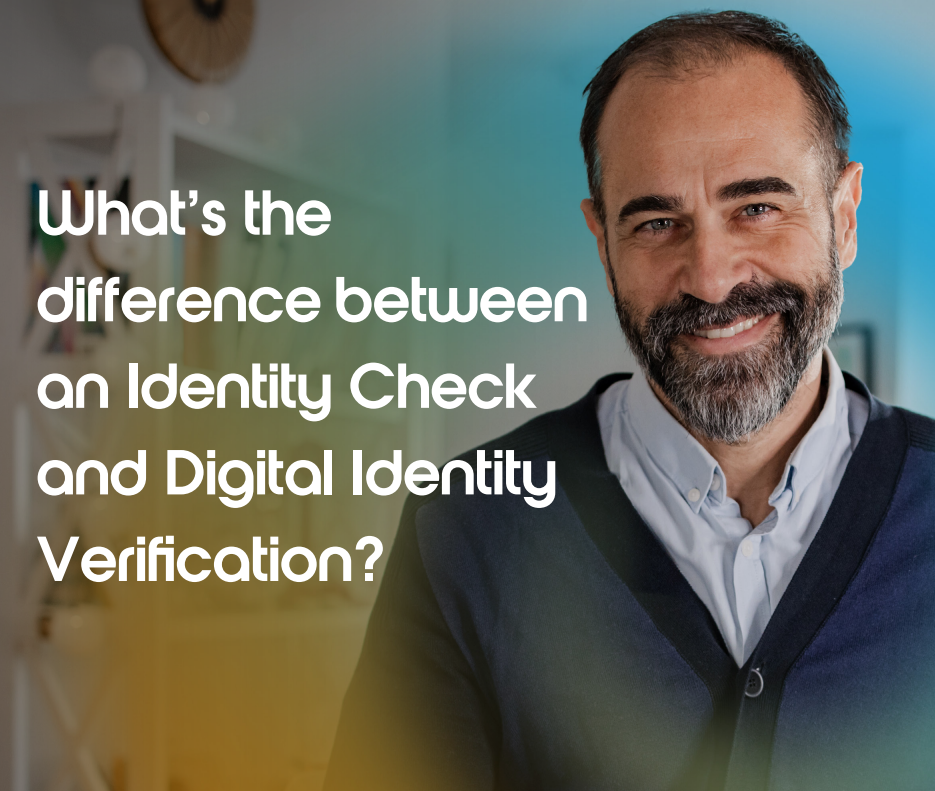Three questions we’re often asked here at uCheck are:
- What is a DBS Check?
- What does a DBS Check show?
- Do DBS Checks show cautions?
The Disclosure and Barring Service (DBS) exists to help employers make safer recruitment decisions.
DBS Checks disclose information that helps employers determine whether an applicant is suitable for a particular role.
Our blog explains what a DBS Check is, what it shows, which cautions appear on a DBS Check. We’ll also explain how long a caution lasts for, and how the caution filtering system works.
What is a DBS Check?
DBS Checks are background checks carried out on individuals that detail all or some of their criminal history. A DBS Check, also known as a Disclosure, will identify any convictions, cautions, final warnings or reprimands, relevant to the prospective employment and can also include intelligence from the Police National Computer that may affect an individual’s suitability for certain employment.
Disclosure and Barring Services (DBS) Checks replaced Criminal Records Bureau (CRB) Checks in 2012.
DBS Checks: Busting the myths
One of the most common misconceptions about DBS checks is that the result of a check is either a pass or fail. However, this isn’t the case.
A DBS check will reveal information about your criminal record. If you don’t have a criminal record, the certificate will say so. If you do, the details will show on your certificate (but more about that later).
Having criminal record information on your DBS certificate doesn’t mean you’ve ‘failed’.
Employers would have to take the information into account when making a recruitment decision, but depending on the nature and severity of the offence, it wouldn’t necessarily prevent you from getting a job.
What does a DBS Check show?
There are three different levels of DBS Check:
- Basic
- Standard
- Enhanced
The amount of information revealed depends on the level of check. So, here’s what each level of DBS Check will show:
Basic DBS Checks, or Basic Disclosures, will show any unspent convictions or conditional cautions the applicant has.
Standard DBS Checks show details of convictions and cautions (excluding youth cautions, reprimands and warnings) held on the Police National Computer that are not subject to filtering (more about this below).
Enhanced DBS Checks show the same information as Standard Checks, plus any additional information held by local police considered relevant to the role in question.
An Enhanced DBS Check can also disclose whether an individual is included on either of the lists which bar them from working with children or vulnerable adults, if the role is eligible and the employer requests this information.
So, what stops a DBS Check showing cautions?
The DBS caution and conviction filtering system
In May 2013, the government introduced a filtering system. This means that not all cautions and convictions are automatically revealed by DBS Checks.
The filtering process identifies and removes certain ‘protected’ cautions and convictions so that they don’t show up on DBS disclosures.
Filtered cautions and convictions are not wiped from police records – instead, they simply don’t show up on DBS certificates.
In addition, employers are not allowed to take filtered convictions and cautions that they are not entitled to ask about into account when making a decision about a job applicant, under the Rehabilitation of Offenders Act 1974.
Therefore, it’s important for job applicants to know which cautions and convictions will be filtered as they aren’t legally obligated to reveal these to employers.
Do DBS Checks show cautions?: which offences will always be shown on a DBS certificate?
The government provides a list of offences that will always be disclosed on a Standard or Enhanced DBS certificate (unless they relate to a youth caution).
These are known as ‘specified offences’ and are usually of a serious violent or sexual nature, or are relevant for safeguarding children and vulnerable adults.
All convictions resulting in a custodial sentence, whether or not suspended, will also always be disclosed.
What is a ‘spent’ conviction?
Convictions become ‘spent’ after a certain amount of time has elapsed, at which point it will no longer be shown in a Basic DBS Check.
The length of time will depend on the nature and severity of the offence. Until this period of time has elapsed, the conviction is ‘unspent’.
The definition of a spent conviction is laid out in the Rehabilitation of Offenders Act 1974.
However, Scotland and Northern Ireland have their own versions of this legislation, including differing definitions of spent convictions, so results may vary depending on which vetting body carries out your check.
For more information, read our article about spent and unspent convictions.
What does a DBS Check show?: will allegations and pending cases appear on a DBS certificate?
Allegations, arrests and pending cases will not be shown on Basic or Standard DBS certificates.
However, if the police feel that they are relevant to the position or role, these may appear on an Enhanced DBS certificate. The guidelines that police must use when deciding whether to disclose information can be found here.
What shows up on a DBS Check?: update to the DBS filtering guidance in 2020
The filtering guidance was updated on 28 November 2020 as follows:
- Warnings, reprimands and youth cautions will no longer be automatically disclosed on either a Standard or Enhanced DBS certificate
- The multiple conviction rule has been removed. This means that if an individual has more than one conviction, regardless of offence type or time passed, each conviction will be considered against the remaining filtering rules individually. Previously, if you had more than one conviction, they would all be automatically disclosed
The new rules apply to Standard and Enhanced DBS certificates processed on or after 28 November 2020.
Employers may want to consider adjusting their recruitment procedures to reflect the changes in filtering rules for Standard and Enhanced DBS Checks.
Job application forms relating to positions that are eligible for a Standard or Enhanced DBS Check will need to reflect the new rules so that:
- Employers ask the right questions
- Employees give the right (legally accurate) answer
There is more guidance on this, including some template questions, in the DBS filtering guide.
You can find further information in the Guidance on the Rehabilitation of Offenders Act 1974 and the Exceptions Order 1975.
This outlines which convictions must be declared when applying for jobs, as well as any exceptions to the filtering rules.
What shows up on a DBS Check?: which convictions and cautions will be filtered from a DBS certificate?
Cautions for non-specified offences given to those aged 18 or over will be eligible for filtering after six years.
Convictions for non-specified offences will be eligible for filtering after:
- 5.5 years for under 18s
- 11 years for those aged 18 and over
As with convictions, multiple cautions can be filtered, as long as the offences in question are eligible for filtering and the relevant period of time has elapsed for each one. Each caution is processed separately.
Some examples of offences eligible for filtering include:
- Common assault
- Minor drugs offences only involving possession
- Many motoring offences
- Theft, if no violence is involved
Examples of offences NOT eligible for filtering (also known as specified offences) include:
- Safeguarding offences
- Sexual offences
- Certain offences involving violence
- Drugs offences involving supply
The full list of offences that will never be filtered from a DBS Check can be found here.
There are also a few positions where filtering from DBS Checks does not apply and all convictions and cautions may be taken into account, for example those in national security or the police.
These organisations will likely access the Police National Computer directly instead of using the DBS process.
What does a DBS Check show? A summary
So, what shows up on a DBS Check? And do DBS Checks show cautions?
We’ve explained what a DBS Check shows and that the DBS filtering system prevents certain cautions and convictions from appearing on DBS certificates.
Whether a caution or conviction is filtered from a DBS Check will depend on the type and age of the offence.
Furthermore, job applicants have no legal obligation to disclose to their employer any caution or conviction which would be filtered.
Refer to the government’s DBS filtering guide for more detailed information or get in contact should you have any questions about what a DBS Check shows.
If you’re an employer looking for a DBS online application, you can use our intuitive DBS platform.







